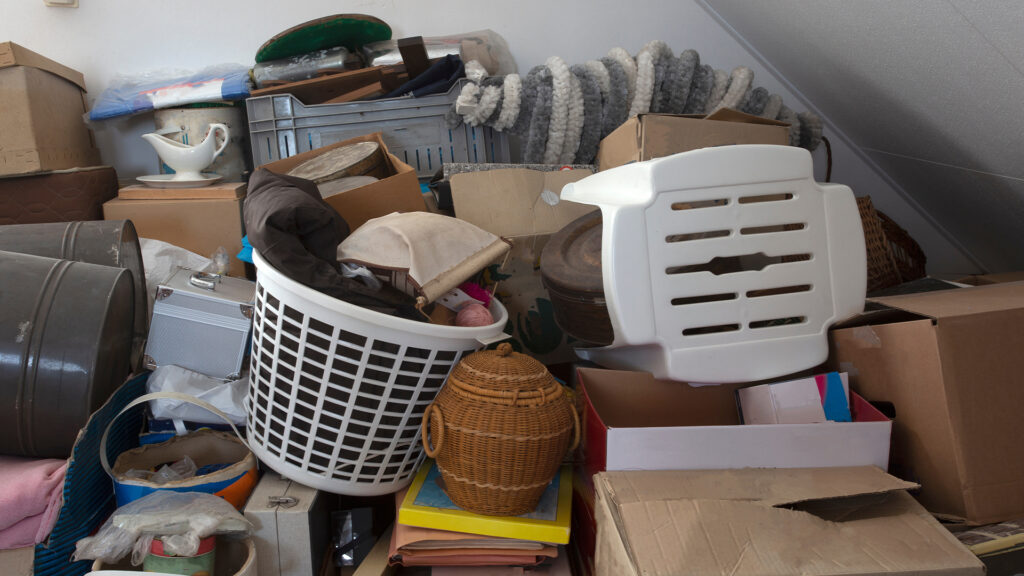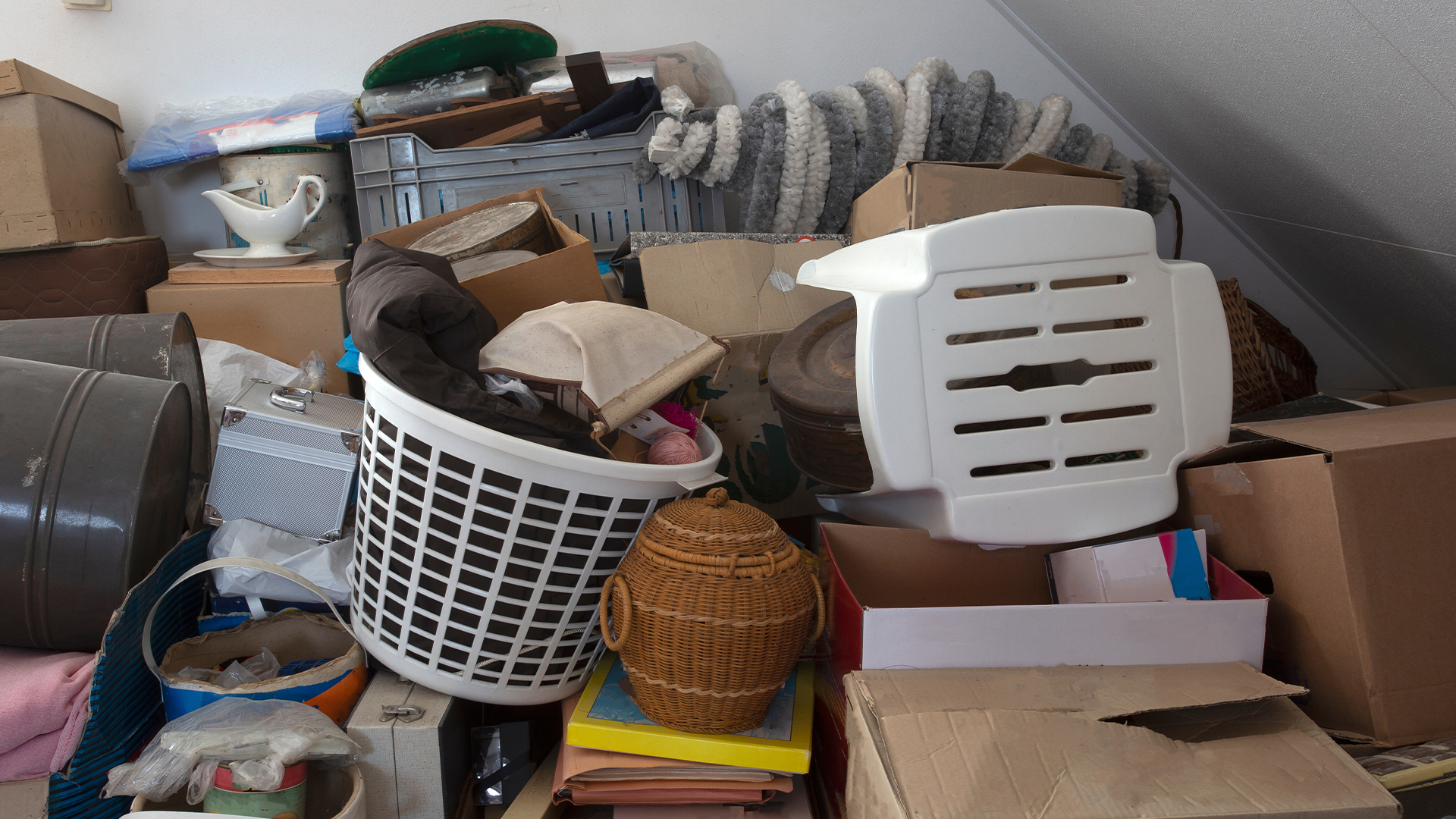
Hoarding might seem like a niche condition that you’d never encounter. However, statistics show that it affects around 5% of the population in the UK. This means that even though you may not realise it, there could be someone in your life who struggles with this condition and requires intervention to stop it from becoming a danger to their health and safety, both physical and mental.
Understanding the psychology behind hoarding can help in identifying signs in friends, acquaintances, or loved ones who may be experiencing it.
What can cause hoarding?
Like any other psychological disorder, hoarding can have its origins in multiple places. This can be anything from major life events to the biological makeup of your brain. For example, if someone grows up experiencing poverty throughout their childhood, there’s a chance they could grow to become a hoarder through a perceived need to save money by refusing to replace old objects or maybe finding a future use for them.
Some hoarders can attach emotional and sentimental value to the objects they amass, making it much harder to part ways with them. This can grow because of stress or trauma, acting as a coping mechanism through adding a feeling of control in an otherwise anxious environment.
This should indicate that there is no one true source from which conditions like hoarding can spawn. Everyone who experiences it will have a completely unique and different personal history from others, with their condition growing from these experiences.
The early signs and symptoms
Hoarders often don’t even realise they’ve begun a phase of hoarding items. However, as clutter grows over time, it becomes hard to miss and can extend from leaving cupboards and storage spaces and spill out into open living spaces. This can be in the form of clothes and shoes, old newspapers or books, mail, and even food and ingredients.
An important factor in finding out whether someone in your life (or even yourself) is a hoarder or if they’re just a bit messy and pressed for time, leaving spring cleaning to a later date, is distress at the notion of throwing away needless items or even in how they’re arranged and stored in the home.
Anxious emotions that occur around throwing away items with no sentimental value is a telltale sign of a hoarding disorder beginning to establish itself. So, what’s the best way of supporting those in your life who may be suffering from this condition?
Supporting sufferers
For anyone looking to support someone who suffers from this condition, empathy is a crucial part of the approach, as it’s not as easy as finding the nearest 240L wheelie bin and starting to throw things out.
This is a serious psychological disorder, often connected with deep-routed experiences from childhood, and needs to be handled with sensitivity. Those who struggle with hoarding may feel shame and embarrassment because of the number of items they possess, so emphasising your support with kindness can help reassure them.
In severe cases, encouraging them to speak to a GP to discuss the options available provides more detail from a professional perspective. From there, they may be able to be referred through the NHS for therapy. It is important to encourage those in your life who may suffer from this, as it allows them to work through difficult memories and experiences from the past that led to their condition developing.
And then comes the hardest part. The clear up. First things first, professionals advise that large-scale clean-ups are ill-advised. As with any therapy, it’s important to break it down into smaller and more digestible portions. That way, it’s easier to scale up how much you do over time. Setting small goals for yourself or a friend you’re helping can be beneficial in setting landmarks on the road to recovery.
Recognising the signs of hoardings can open a can of worms when it comes to those in our lives that we’re closest to. While offering help is important, it’s also crucial to remember that it’s a serious psychological disorder that often requires attention from professionals. Encouraging them to seek the correct help is the best possible long-term help you can offer, rather than attempting to solve it all yourself.


















